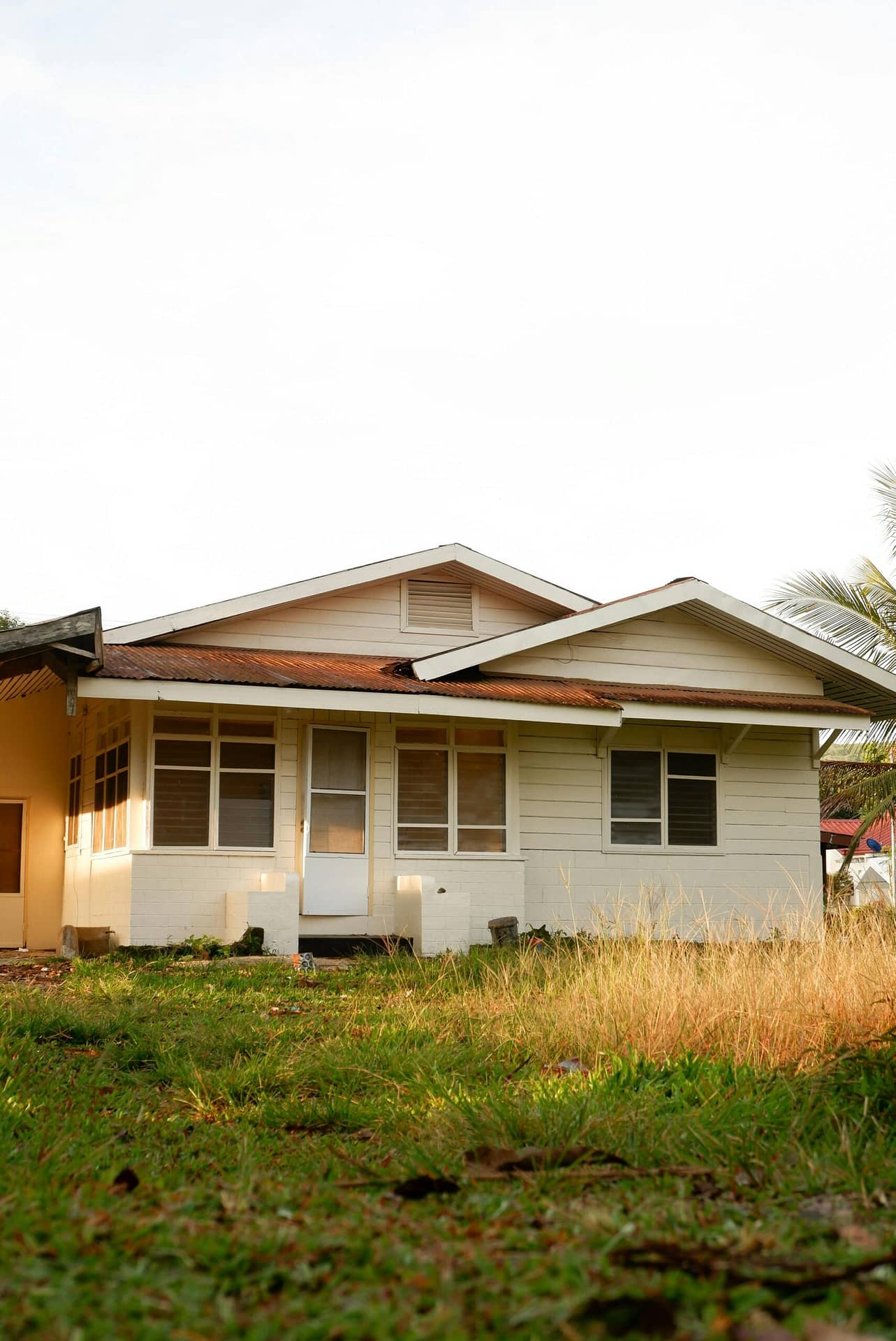In uncertain times, such as economic downturns, the question on everyone’s mind is how to protect and grow their investments. While many avenues may seem risky and unpredictable, investing in real estate has proven to be a reliable strategy during these challenging periods. Real estate provides stability and potential for long-term growth, making it an appealing option for savvy investors looking to weather economic storms. In this article, we will explore the reasons why investing in real estate during economic downturns can yield significant advantages and offer a solid foundation for financial security.
Lower Property Prices
Opportunity to buy properties at discounted prices
During economic downturns, the real estate market often sees a decrease in property prices. This presents a unique opportunity for individuals to purchase properties at discounted prices. Whether you’re a first-time buyer or an experienced investor, buying property during a downturn can be a smart move. Lower property prices mean that you can potentially get more bang for your buck and acquire assets that may have been out of reach during a booming market.
Potential for significant capital appreciation in the long term
Although the immediate financial landscape may look grim during an economic downturn, history has shown that real estate has the potential for significant capital appreciation in the long term. While the market may experience short-term fluctuations, property values tend to rise over time. By investing in real estate during a downturn, you position yourself to benefit from future growth and potentially reap substantial returns on your investment in the years to come.
Rental Demand
Increased demand for rental properties
One of the advantages of investing in real estate during economic downturns is the increased demand for rental properties. During these difficult times, many individuals may choose to postpone buying a home and instead opt to rent. This heightened demand for rental properties creates a stable source of income for real estate investors. By investing in rental properties, you can ensure a steady stream of rental income even in the face of economic uncertainty.
Stable source of income during economic downturns
The rental market tends to be more resilient during economic downturns compared to other investment avenues. While the stock market may fluctuate and businesses may struggle, people still need a place to live. Rental properties provide a stable source of income that can help protect your finances during challenging economic times. With the right property management and tenant selection, you can minimize the impact of an economic downturn on your rental income.
Portfolio Diversification
Real estate as a hedge against stock market volatility
Investing in real estate during economic downturns provides an opportunity for portfolio diversification. Real estate has a lower correlation with the stock market, meaning that it can act as a hedge against stock market volatility. By adding real estate to your investment portfolio, you reduce your overall investment risk and create a more balanced and diversified portfolio. This diversification can help protect your wealth during economic downturns and provide stability to your overall financial picture.
Reduces overall investment risk
Diversifying your investment portfolio by including real estate can mitigate the risks associated with a volatile stock market. Economic downturns often result in declines in stock prices and increased market uncertainty. By investing in real estate, you spread your investments across different asset classes, reducing the potential impact of any one investment’s poor performance. This strategy can help shield you from significant financial losses and provide stability to your investment portfolio.
Tax Benefits
Potential tax deductions on mortgage interest and property expenses
Investing in real estate during an economic downturn can offer potential tax benefits. As a real estate investor, you may be eligible for tax deductions on mortgage interest payments and various property expenses. These deductions can help offset your taxable rental income, potentially lowering your overall tax liability. It’s important to consult with a tax professional to understand the specific tax benefits available to you based on your real estate investments and financial circumstances.
Offsetting rental income tax liabilities
Investing in real estate during an economic downturn can also provide opportunities to offset rental income tax liabilities. Rental income is considered passive income for tax purposes, and certain expenses associated with managing and maintaining the property can be deducted. By strategically managing your rental property expenses, you can effectively reduce the taxable income generated by your rental properties. This can lead to significant tax savings and enhance the overall profitability of your real estate investments.
Ability to Negotiate
More room for negotiation with sellers due to lower competition
During economic downturns, the number of individuals actively buying properties often decreases. This decrease in competition presents a favorable environment for real estate investors. With less competition, you have more room to negotiate with sellers and potentially secure properties at more favorable prices and terms. Sellers may be more willing to negotiate and offer incentives, such as covering closing costs, making repairs, or even accepting lower offers. This ability to negotiate can help maximize your investment returns and improve your overall purchasing power.
Opportunity to secure favorable purchase terms
In addition to lower competition, economic downturns provide opportunities to secure more favorable purchase terms. As a buyer, you have the leverage to request concessions such as extended closing periods or seller financing options. Sellers who are motivated to sell their properties may be more open to accommodating your needs and preferences. By taking advantage of these opportunities, you can structure your real estate deals in a way that aligns with your financial goals and maximizes your potential returns.
Government Incentives
Government initiatives and subsidies to stimulate real estate market
During economic downturns, governments often implement initiatives and subsidies to stimulate the real estate market. These measures are designed to encourage individuals to invest in real estate and help boost the economy. Government incentives can take various forms, such as tax credits, grants, or low-interest loans. As a real estate investor, you may be eligible to benefit from these incentives, which can provide financial support and enhance the overall profitability of your real estate investments.
Potential financial support for real estate investors
In addition to general initiatives, governments may also provide specific financial support for real estate investors during economic downturns. This support can come in the form of loan guarantees, incentives for property rehabilitation, or assistance programs for first-time investors. By taking advantage of these government programs, you can access affordable financing options, receive financial assistance with property renovation or improvement projects, and increase your chances of success as a real estate investor during an economic downturn.
Ability to Renovate
Lower labor and material costs during economic downturns
Economic downturns often lead to a decrease in labor and material costs within the construction industry. This presents an excellent opportunity for real estate investors to undertake renovation projects at lower costs. Whether it’s a simple cosmetic upgrade or a more significant structural improvement, lower labor and material costs can significantly reduce your renovation expenses. By investing in properties that require renovations during an economic downturn, you can take advantage of these cost savings and potentially increase the value of your properties in the long run.
Opportunity to increase property value through renovation
Renovating properties during an economic downturn offers the potential to increase their value significantly. By making strategic upgrades and improvements, you can enhance the appeal and functionality of your properties. This can attract more tenants or potential buyers, ultimately driving up the property value. Renovations also provide an opportunity to modernize aging properties, making them more competitive in the rental or resale market. With lower renovation costs and the potential for increased property value, real estate investors can leverage economic downturns to maximize their returns on investment.
Flexible Financing Options
Low interest rates and flexible lending terms
Economic downturns are often accompanied by lower interest rates and more flexible lending terms. These conditions can make it easier for real estate investors to secure financing at more favorable rates. Lower interest rates mean reduced borrowing costs, resulting in lower mortgage payments and potentially higher investment returns. Flexible lending terms provide investors with more options for structuring their financing, allowing for increased cash flow and improved financial flexibility. Taking advantage of these favorable financing conditions can help maximize your real estate investment returns during an economic downturn.
Access to favorable financing options for real estate investments
Real estate investors during economic downturns can benefit from access to favorable financing options. Banks and lending institutions may offer special programs or loans specifically designed for real estate investors looking to capitalize on the opportunities presented by an economic downturn. These financing options may include lower down payments, longer repayment periods, or even interest-only loans. By exploring and utilizing these favorable financing options, you can invest in real estate with reduced financial barriers and potentially enhance your overall investment returns.
Long-term Investment
Real estate as a long-term investment strategy
Investing in real estate during economic downturns is often a long-term strategy. By taking a long-term approach, you can ride out the economic downturn and position yourself to benefit from future growth. Historical data has consistently shown that real estate values tend to appreciate over time, even following periods of economic uncertainty. By investing in real estate with a long-term mindset, you can weather the short-term fluctuations and potential market downturns and position yourself to reap the long-term benefits of owning property.
Riding out economic downturns and benefiting from future growth
Economic downturns are typically temporary, and history has shown that markets eventually recover and grow. By investing in real estate during a downturn, you have the opportunity to acquire properties at more favorable prices and ride out the economic slump. As the economy begins to recover, property values typically rebound, and you can reap the benefits of the market’s upward trajectory. By maintaining a long-term perspective, you position yourself to benefit from future growth and potentially achieve substantial returns on your real estate investments.
Real Estate Market Stability
Historically, real estate has shown resilience during economic downturns
Real estate has proven to be a resilient asset class during economic downturns throughout history. While the stock market and other investment vehicles may experience extreme volatility, the demand for housing and property remains relatively consistent. The stability of the real estate market during economic downturns can provide reassurance to investors, as properties are tangible assets that tend to hold their value over time. By investing in real estate, you can benefit from the stability and potential appreciation that the market has demonstrated during previous economic downturns.
Consistent demand for housing and property
The demand for housing and property is a fundamental aspect of the real estate market, making it a stable investment option during economic downturns. Regardless of the economic climate, people still need a place to live and conduct businesses. This consistent demand helps support property values and promotes stable returns for real estate investors. By investing in real estate during an economic downturn, you align yourself with this consistent demand and position yourself to benefit from the long-term stability of the housing and property market.
In conclusion, investing in real estate during economic downturns offers numerous advantages and opportunities. Lower property prices provide a chance to buy properties at discounted prices, with the potential for significant capital appreciation in the long term. Increased rental demand during downturns ensures a stable source of income, while real estate acts as a hedge against stock market volatility, reducing overall investment risk. Tax benefits, ability to negotiate, government incentives, and the ability to renovate at lower costs further enhance the appeal of real estate investing during economic downturns. With flexible financing options and the long-term investment potential, real estate can provide stability and consistent returns, even in challenging economic times. The historically resilient nature of the real estate market and the consistent demand for housing and property further solidify the case for investing in real estate during economic downturns.



